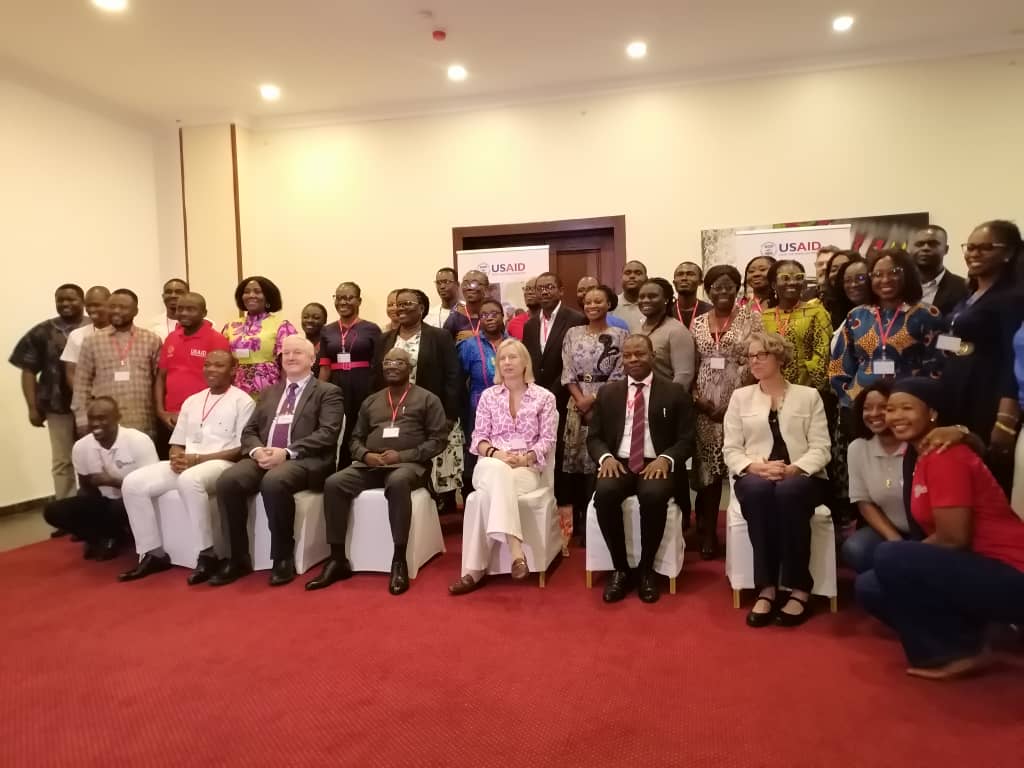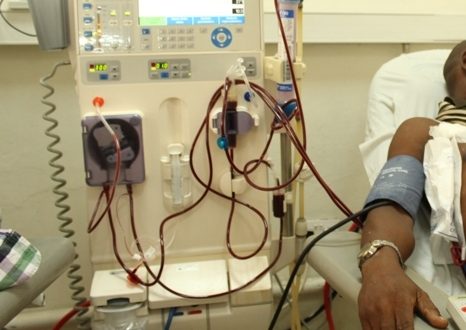The advent of the COVID-19 pandemic has led to setbacks in previous achievements.
Unfortunately, there has been an increase and high rates of anaemia persisting among children, women, and adolescents, despite some recorded reductions.
It is worth noting that in certain regions, rural areas, and poor urban areas, the pace of reducing malnutrition, particularly anaemia and stunting, has been slow and uneven. This challenge, compounded by the emerging problem of over-nutrition, indicates that the country is grappling with multiple facets of malnutrition, including issues such as poor child growth, micronutrient deficiencies, and adult overweight and obesity. Evidently, wide disparities persist in malnutrition rates across various regions, locations, and wealth quintiles, highlighting the need for targeted and comprehensive interventions to address these complex and varied challenges.
These, according to the Director General of the Ghana Health Service, need a public-private partnerships to overcome.
Speaking at the USAID Advancing Nutrition National Learning event, Dr Patrick Kuma-Aboagye said whiles celebrating the successes chalked, the country must acknowledge that a considerable portion of the Ghanaian population still faces slow and unequal progress, experiencing ongoing nutritional deprivation.
“Ladies and gentlemen, as we reflect on the nutritional landscape of our country, it is crucial to focus on the factors contributing to progress and the supportive systems that foster further development.
“Under-nutrition as we all know arises from insufficient food intake, recurrent infectious diseases, or a combination of both. An integrated strategy that comprehensively addresses the challenges with the food system, enhances the capacity within the health sector, and forges robust partnerships with both health and non-health sectors, along with community involvement in planning and implementing interventions, will yield the greatest dividend,” he stated.
The USAID nutrition programme, which commenced in June 2020, is being implemented in three countries including, Kenya, Ghana and Burkina Faso.
It focuses on addressing weak systems for coordination and collaboration among sectors in addressing malnutrition; inadequate capacity in multi-sectoral nutrition planning and implementation, poor financing of nutrition and gaps in capacity of health workers
The Chief of Party of the USAID Advancing Nutrition Project, Selorme Kofi Azumah, said a lot has been achieved despite the COVID-19 setback.
“We have been able to strengthen capacity of over 5,700 health workers through trainings and supportive supervision to improve nutrition service delivery and also 2,145 trained in anaemia prevention and control.
“Another 1,872 people trained in infant and young child feeding and growth assessment. That’s not all, we also trained 544 people in community management of acute malnutrition.
“Another 1,621 people too have been trained over the period on the maternal and child health record book,” he stressed.
SOURCE: 3NEWS ONLINE




